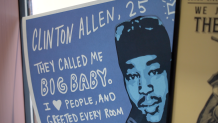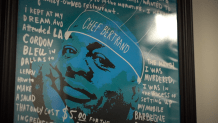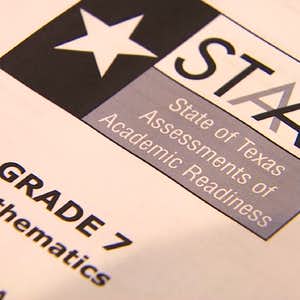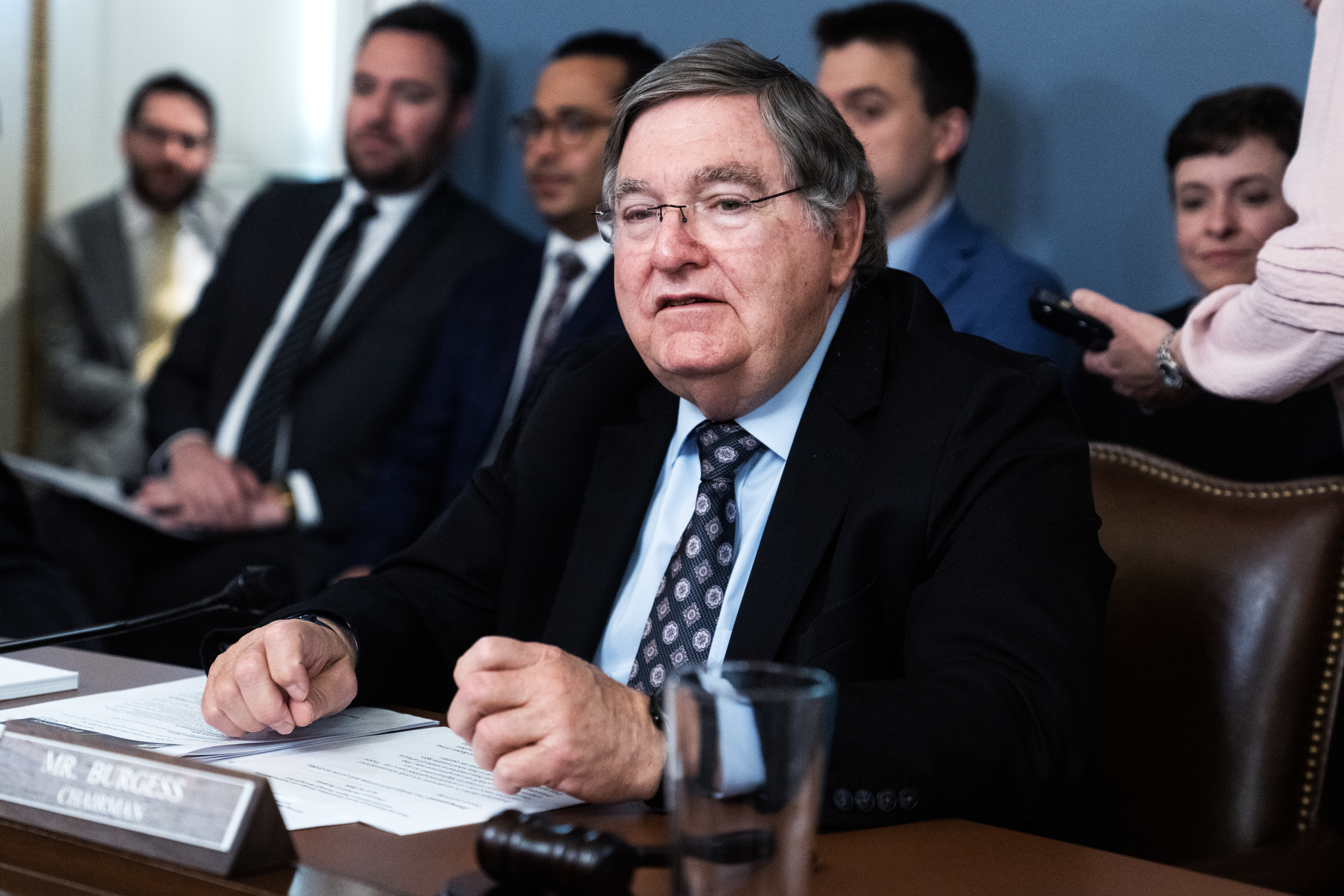George Floyd's death is sparking uncomfortable but necessary conversations about police violence.
But he's not the first victim. And a Dallas-based group wants to remind us of that.
Collette Flanagan, founder and executive director of Mothers Against Police Brutality spoke on camera for the first time in a year. She sat down with NBC 5's Alanna Quillen to share the tragically unique pain of losing a loved one to police violence.
"You've been robbed. Your child is gone. Your family is broken.," she describes. "It destroys families. Mothers can't heal. And then you can never get closure. And you are told that you just have to go on."
In 2013, her 25-year old son Clinton Allen was shot seven times and killed by a Dallas police officer.
Allen was unarmed.
"When your child is murdered by the person that was supposed to protect them, that is an extra layer of grief and anger that becomes part of your grieving process. And then another layer gets added to that when you can't get answers. And you can't hold a cop accountable," she said.
Local
The latest news from around North Texas.
Later that year, a grand jury refused to criminally indict the officer who killed her son. It's something Flanagan still grapples with today.
"Who in the world has the right to take your child's life?" she said. "We're dealing with human beings. We're dealing with someone's child."

The media storm and the regular press conferences by the police department added to the unimaginable grief, she said. She described the pain she felt in seeing statements that demonized her son and seemingly justified his murder.
"The police department started spinning lies that he was high on PCP. Just trying to paint him into the worst person possible," she said. "During that time, all you can do is watch in horror. You don't have a voice, you don't have an outlet. No one's listening to you."
She said her son was a kind person and would give anyone the shirt off his back.
"Even if they weren't having their best moment in life. It doesn't mean that they deserve to be killed," she said. "They were painting this completely different picture of him and taking away all of the memories that we had of Clinton. His first Christmas, his first bicycle ride. They kill all of that and they rewrite your child's history."
Flanagan said she knew it was wrong and had to change something. Shortly after, she created Mothers Against Police Brutality.
"I got to thinking, I wonder what other moms are going through? And what type of support system do they have?" she said.
The group serves as a voice for justice for victims of police brutality and deadly force, supporting families nationwide to fight for civil rights, police accountability, and policy reform. Their slogan is "No Mother Left Behind."
"We have to uplift all of these victims," she said. "We want everyone to know every single victim of police brutality."
Brandon Washington. Bertrand Davis. Botham Jean. Jason Harrison. James Harper. Genevive Dawes. Fred Bradford, Jr., Elias Portillo. Atatiana Jefferson.

Those are the names of just a few North Texans who died to police violence. MAPB keeps track of their stories on its website and through art and outreach, to ensure each life is never lost to history.
Flanagan has viewed the George Floyd video. Like it was for many, the murder shook her to her core.
"You never get used to it," she said. "It was the most disgusting thing - besides seeing Clinton's autopsy pictures - that I had ever seen to that point."
And she knew it wouldn't be the last death to police brutality.
"Unfortunately, we're going to have another George Floyd," she said.
Just a day after our interview, Rayshard Brooks was shot in the back by an Atlanta police officer. That officer was fired and charged with felony murder.
"A few bad apples don't kill over 1,000 people a year," Flanagan said. "We are dealing with a systemic problem. We have orchards of trees. And their roots are rotted. And they are bearing diseased fruit. Diseased apples. Not a few."
But after years of fighting something that so many have fought for generations, there's something different in the air in 2020.
"I think this is definitely different because so many people saw what we've been saying is happening for years," she said. "And I think it enraged so many people."
She said MAPB will continue pushing for many the same set of goals they always have: They want a federal standard use of force so that all police are trained the same and for the laws on qualified immunity for officers to be changed.
"Until we have laws in place that really hold policemen accountable, it's just not going to change," she said.
Flanagan and her group hope more lawmakers will include more victims of police brutality in the important conversations that are being had to enact change.
"Now you see all of these politicians running to the table, trying to put together these bills. And they're forgetting the one main ingredient. The people who have lived this experience," she said. "I believe mothers' voices are the most powerful voices in the universe."



